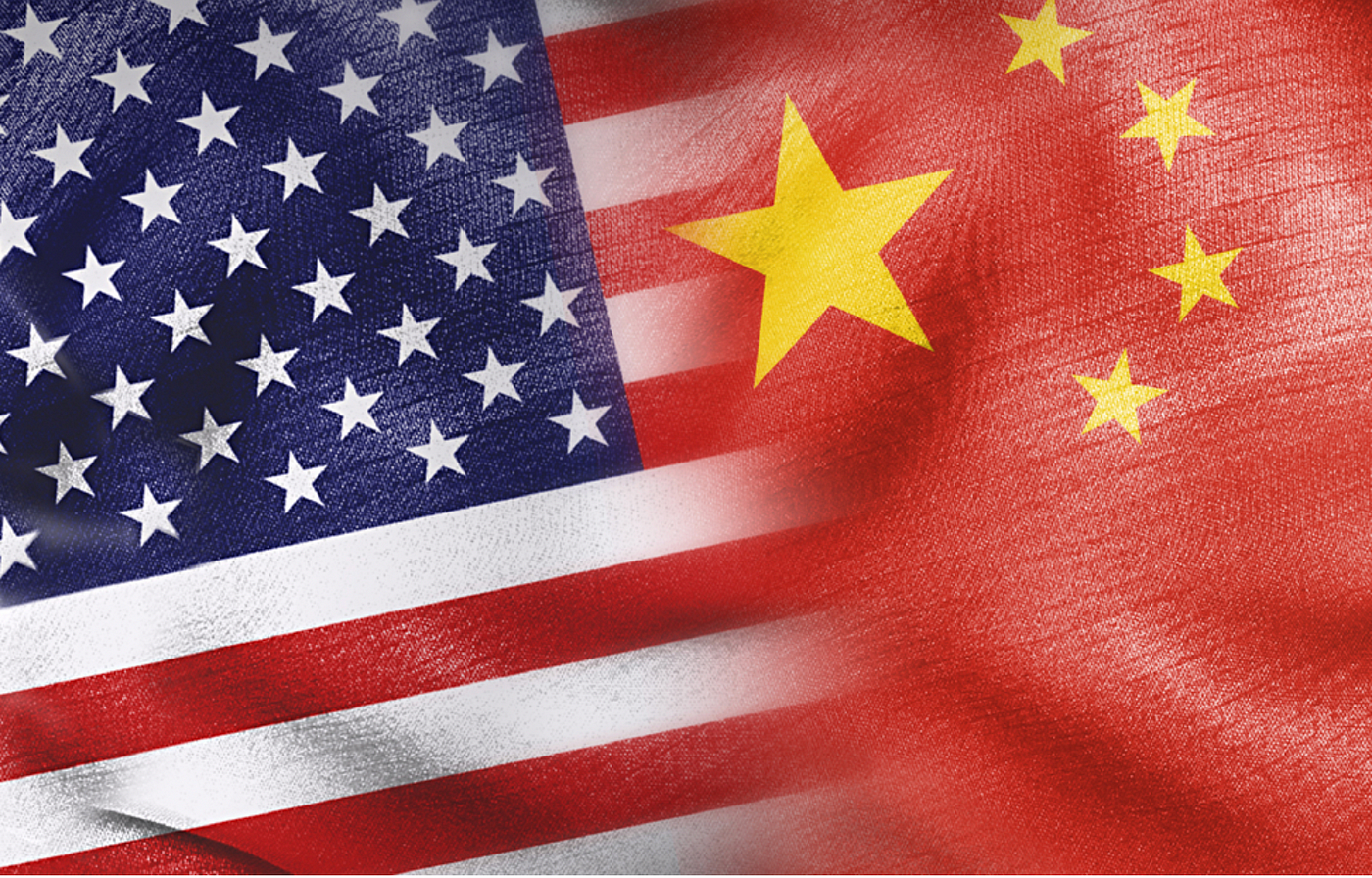In a revealing survey report titled “Experiences and Aspirations of Foreign Students in the USA” by “Investigative Journalism Reportika,” a significant pattern emerges among Chinese students studying in the USA. Despite recognizing the superior socio-political freedoms and personal liberties in the United States, many Chinese students still express a strong desire to return to China after completing their studies. This trend underscores a broader dynamic of technology and knowledge transfer from the USA to China, reflecting a blend of appreciation for American freedoms and a commitment to contributing to China’s development.
Dichotomy of Preferences
According to the survey, 78% of Chinese students in the USA feel a greater sense of personal freedom compared to their experiences in China. These students under anonymity cite freedom of expression, individual rights, and opportunities for self-determination as key reasons for their preference. The lack of media and social media censorship in the USA is particularly noted as a stark contrast to the restrictive environment in China.

The students identify several major challenges facing China today. Notably, 38% point to censorship as a significant issue, arguing that restrictions on freedom of speech and expression hinder open discourse and societal progress. Additionally, 20% express concern about China’s global image, which they believe is often perceived as authoritarian and lacking respect for human rights and democratic values. These students emphasize the importance of improving China’s international reputation to foster better relationships with other nations.

However, when asked about their post-graduation plans, a significant majority (76%) of Chinese students express a desire to return to China. They see their return as essential to contributing to China’s development and helping it become the world’s leading economy. These students believe that their exposure to advanced technology and education in the USA will equip them with the necessary skills and knowledge to advance China’s ambitions.

It is ironic that, 78% of Chinese students in the USA feel a greater sense of personal freedom compared to their experiences in China, yet a significant majority (76%) express a desire to return to China. This trend suggests that the decision to return might not solely be driven by personal ambitions or reasons, but rather influenced by external factors so compelling that even under anonymity, students feared to state their true preference. This article explores some of these influential factors, shedding light on the complexities behind these students’ decisions.
The Role of CSSA
The Chinese Students and Scholars Association (CSSA) plays a significant role in the lives of Chinese students studying abroad. Established in the late 1970s, the CSSA was created by the Chinese Communist Party (CCP) to monitor Chinese students and mobilize them against views that dissent from the CCP’s stance. This directive remains in place, with the CSSA actively working to suppress open inquiry on foreign campuses.
In a 2017 New York Times article, CSSA chapters were described as collaborating with Beijing to promote a pro-Chinese agenda and suppress anti-Chinese speech on Western campuses. For instance, the University of California, San Diego chapter protested the university’s decision to invite the 14th Dalai Lama to speak at its 2017 commencement. Similarly, the Wayne State University chapter funneled money from the Chinese consulate to finance a trip to China for the mayor of Ypsilanti, Michigan, and three officials.
The CSSA has also been involved in several controversies. In 2019, Human Rights Watch called for closer monitoring of CSSAs in response to threats to academic freedom. The CSSA chapter at McMaster University was stripped of its status as a student organization after coordinating with the People’s Republic of China (PRC) consulate in ways that violated student club rules. Additionally, in 2021, Human Rights Watch published a report documenting instances of CSSAs being used to monitor Chinese university students abroad.
In 2023, a significant development at George Washington University saw Chinese international students forming an independent group called Torch on the Potomac as an alternative to the local CSSA chapter. This move was driven by concerns over the CSSA’s influence and its alignment with the Chinese government’s agenda. This shift reflects sentiments captured in the survey question, “What motivated you to pursue higher education in the USA instead of China?” Notably, 36% of respondents cited dissatisfaction with China’s political system and restrictions on freedom of speech and expression as their motivation for seeking educational opportunities in a more democratic environment like the USA.
Confucius Institutes (CIs)
The PRC has established and helped fund hundreds of Confucius Institutes (CIs) on campuses worldwide since 2004. These institutes are frequently staffed by a combination of Chinese scholars, U.S. citizen faculty, and CCP-selected Chinese instructors who teach the CCP’s interpretation of Mandarin and Chinese culture. Most agreements to establish CIs feature opaque nondisclosure clauses, do not explicitly protect academic freedom, and require strict use of a narrow, CCP-approved curriculum.
In 2020, the U.S. State Department designated the Confucius Institute U.S. Center (CIUS) as a foreign mission of the People’s Republic of China (PRC), acknowledging it as an entity that promotes Beijing’s global propaganda and malign influence campaigns. Reflecting these concerns, several universities have recently taken decisive actions. In 2023, the University of Michigan shut down its Confucius Institute due to escalating worries about Chinese government influence and a strong push for transparency and academic freedom. Similarly, in 2022, Tufts University closed its Confucius Institute after extensive debate and pressure centered on national security concerns and maintaining academic independence. That same year, the University of Kansas also terminated its Confucius Institute partnership, aligning with broader national concerns about foreign influence and the imperative to protect academic freedom.
The Strategy of Technology Transfer
The PRC is engaged in a concerted effort to divert key technology and research to China and its military, often at the expense of U.S. universities, taxpayers, and the Federal government. Foreign technology acquisition is a major component of the PRC’s strategy to quickly advance its scientific, economic, and military development goals. The PRC’s national strategy of Military-Civil Fusion (MCF) directs collaboration with foreign universities to acquire cutting-edge research and technology to advance its efforts to achieve a world-class military by 2049.
The China Scholarship Council funds approximately 30,000 Chinese scholars, professors, and other researchers to study or research in the United States, exploiting the open and transparent nature of the global research enterprise to bolster its own military capabilities. These academic scholarship recipients are required to report on their overseas research to PRC diplomats.
The Thousand Talents program targets PRC citizens who were educated outside of China and became successful academics or technical professionals abroad. The program also targets international researchers and scientific experts, offering lucrative salaries, research funding, and other incentives in exchange for enhancing China’s research and development (R&D) enterprise.
Influential Chinese Entrepreneurs
Prominent examples of this trend can be seen in the careers of several influential Chinese entrepreneurs who studied in the USA before returning to China to make significant contributions:
1. Robin Li (Li Yanhong): Co-founder of Baidu, earned a Master’s degree in computer science from the University at Buffalo, SUNY, and worked in the USA before returning to China.
2. Eric Xu (Xu Yong): Co-founder of Baidu, holds a Ph.D. from Texas A&M University, and returned to China after working in the biotech industry in the USA.
3. Charles Zhang (Zhang Chaoyang): Founder of Sohu, holds a Ph.D. in experimental physics from MIT, and returned to China to establish his company.
4. Kai-Fu Lee: Chairman of Sinovation Ventures, earned his Ph.D. from Carnegie Mellon University, and held executive positions at Apple, Microsoft, and Google in the USA before returning to China.
5. Yu Gang: Co-founder and Executive Chairman of 111, Inc., holds a Ph.D. from the University of Pennsylvania, and worked in various roles in the USA before co-founding his company in China.
These examples illustrate the significant impact that exposure to US education and business practices has had on these entrepreneurs, who have used their experiences to drive innovation and growth in China.
Conclusion
In a concerning trend, a significant majority of Chinese students in the USA feel compelled to sever their ties with their American education, relinquish acquired technological knowledge, and align themselves with the agendas set forth by organizations like CSSAs and Confucius Institutes. Despite experiencing personal freedoms and opportunities for growth in the USA, these students express a deep-rooted pressure to return to China and contribute to its development, often under the influence of external forces. As we navigate this nuanced landscape, it becomes imperative to support students seeking academic enrichment and personal growth while safeguarding against undue influence and ensuring the integrity of academic environments. By fostering dialogue, understanding, and respect, we can navigate these complexities and strive for a more inclusive and harmonious global community.




